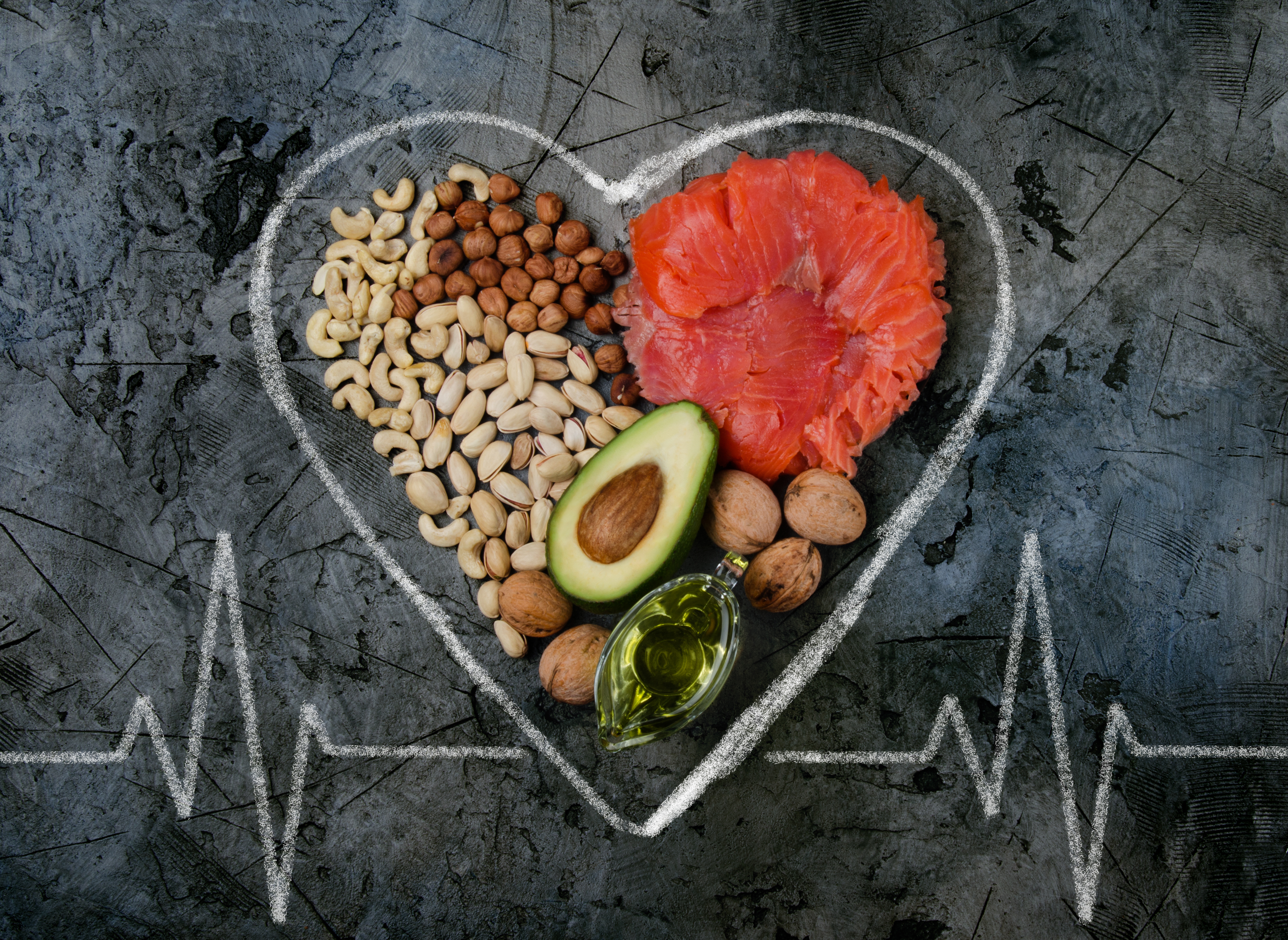September is National Cholesterol Education Month!
We’ve all heard the term “cholesterol,” but do you know what it means and how it can affect your health?
What is cholesterol?
Cholesterol is a waxy substance with a fat-like texture that lives in blood vessels. Cholesterol is a natural part of the human body, but when it builds up it can block blood flow in your arteries. These can factor into heart disease, strokes, and heart attacks.
According to the Center for Disease Control, there are two forms of cholesterol. Of the two types, high-density lipoprotein, or HDL, is known as “good cholesterol.” Low-density lipoprotein, LDL, is referred to as “bad cholesterol.” It contributes to plaque—a thick, hard deposit that can clog arteries and make them less flexible. This can result in a heart attack, stroke or peripheral artery disease.
How do I check my cholesterol levels?
You’re probably interested in learning about your own cholesterol levels. To do so, head to your doctor. He or she will run a blood test called a lipid panel. After a quick and easy blood draw and waiting a few days, you’ll learn about your total cholesterol, LDL and HDL, and triglycerides, or fat in your blood. Why is knowing this information important? If your cholesterol is too high, you should keep track of it while making an effort to reduce it.
How can I maintain healthy cholesterol?
If you’ve been to the doctor and heard that you need to reduce your cholesterol levels, there are several things you can do. First, you will likely be told that you’ll need to change your diet. Try to eat more fresh produce and lean proteins. You can also increase your omega-3 intake. This healthy fat is found in walnuts, flaxseeds, almonds and salmon—all healthy foods that are great solo or on salads. Avocados are also a good source of healthy fat.

Additionally, incorporate more exercise into your weekly routine. The Mayo Clinic writes that being physically active for just 10 minutes each day can improve weight loss and raise HDL or good cholesterol. You can walk around the block a few times, go for a swim, ride your bike, hike, or join a community sport league. There are many different ways to get active. Even if you don’t consider yourself athletic, it’s possible to find a source of physical activity you enjoy.
Quitting smoking can also benefit your cholesterol (and entire cardiac system) by reducing your overall blood pressure and making your heart work more efficiently. This means the blood is moving through your veins at a slower rate, and you’ll be less likely to have a stroke or heart attack. There are at least 4,000 different chemicals in a single cigarette, and smokers are at least two to four times more likely to have heart attacks. Additionally, it’s easier to exercise when you can breathe better, and smoking cessation is a great way to get there.
However, some people find that lifestyle changes aren’t enough to improve their cholesterol levels. Their doctors may recommend medication to assist in reducing buildup in their blood vessels. Combining prescriptions with eating better and exercising can make a big difference in your cholesterol and overall health.
All that said, make sure to consult a physician about your cholesterol and how it fits into the bigger picture of your health and lifestyle.
If you’re 75 years or older and have high cholesterol, you may not need to take medication for it after all. While high cholesterol can lead to heart disease, this isn’t always the case for seniors. If you’re a senior and are not experiencing any symptoms of heart disease or a potential stroke, taking meds may not be necessary, and the pros of taking medication may not outweigh the cons. Cholesterol medication comes with its own risks and side effects.
However, regardless of your cholesterol status and general health, the aforementioned practices—exercise, healthy diet, quitting tobacco—are all important ways to improve your mental and physical health. Just make sure you consult with a doctor to figure out what’s best for you.
If you found an error, highlight it and press Shift + Enter or click here to inform us.



